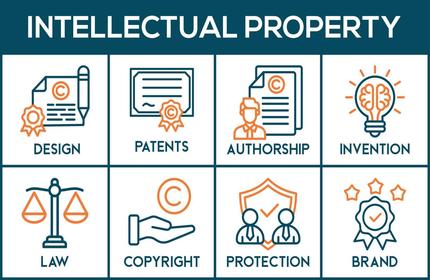For those entrepreneurs with considerable wealth, the distinction between their personal finances and business holdings frequently becomes unclear—until they encounter legal action, a financial crisis, or a downturn in the market. Many people believe that having liability insurance is sufficient, but genuine asset safeguarding necessitates well-planned legal frameworks that protect personal wealth from the hazards associated with business operations. The most astute entrepreneurs take preemptive measures; they utilize legal methods to form barriers, ensuring that their properties, investments, and families' futures are safe even when the business encounters difficulties.
Select the Appropriate Business Entity Structure
Sole proprietorships and general partnerships put personal finances at risk due to business debts. Smart business owners choose entities such as Limited Liability Companies or corporations that create a legal distinction. However, merely establishing the entity is insufficient; rigorous adherence to compliance is essential: maintaining separate bank accounts, accurate record-keeping, and preventing the mixing of personal and business finances to avoid “piercing the corporate veil.” This clear separation guarantees that creditors cannot pursue your personal residence or savings should legal action arise against the business.

Irrevocable Asset Protection Trusts are effective instruments for safeguarding significant assets. In contrast to revocable trusts, APTs assign ownership of assets to a trustee, thereby keeping them out of reach from business creditors. Numerous business owners place real estate, financial investments, or family heirlooms into APTs, which may also yield tax advantages. Regions such as Delaware or Nevada feature favorable APT regulations, supplying an additional layer of security against lawsuits.
Isolate Intellectual Property from the Operating Business
Important intellectual property—such as trademarks, patents, or copyrights—should be managed by a different entity (like a holding company) instead of being held directly by the operating business. The operating business then acquires a license for the IP from the holding entity. Should the operating business come under legal scrutiny, the intellectual property, which is a vital asset, remains protected. This setup also provides tax benefits and facilitates the independent sale or licensing of the IP if necessary.

Exploit Homestead Exemptions and Equity Stripping
Homestead exemptions safeguard a portion of the value of your main residence from creditors, with restrictions varying by state. For homes of high value, “equity stripping”—the method of securing a low-interest loan against the home’s equity and investing these funds into protected assets—reduces the available net equity of the home that creditors may access. This tactic transforms exposed home equity into secured investments, enhancing the protection of personal assets.
Ensure Adequate Insurance with Umbrella Policies
Even though insurance does not constitute a legal framework, it complements legal safeguards effectively. In addition to typical business liability insurance, consider securing an umbrella policy that offers supplementary coverage (often $1 million or higher) for significant incidents. Combine this with errors and omissions insurance if your business provides professional services. Insurance serves as the primary defense layer, while legal frameworks preserve the assets that insurance may not fully protect.

For business owners, safeguarding personal wealth is not about concealing assets—it is about utilizing legal instruments to reduce risk. By selecting the appropriate entity, implementing trusts, formulating robust contracts, isolating intellectual property, taking advantage of exemptions, and ensuring proper insurance, you can establish a comprehensive protective strategy. This proactive method guarantees that even if your business endures difficulties, your personal assets and the financial wellbeing of your family remain secure. The time to implement these strategies is now—before a crisis arises.

Debt Freedom: Elevating Your Credit Score

Alipay & WeChat Pay: The Unseen Financial Insights

How to Get Started with Real Estate Investing

Financial Harmony: Institutionalizing Family Finances

Setting a Budget for Your Dream Wardrobe: Tips for Finance-Friendly Shopping

The Allure of Gold Beans for Youth

Predicting Market Trends with AI: How Accurate Are These Tools?
